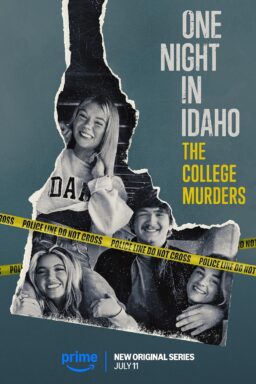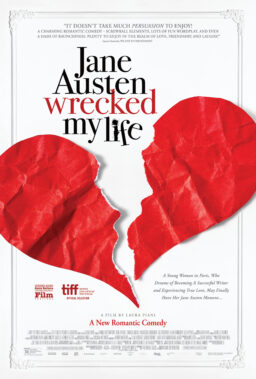LONDON – It was lunch time, and the studio pub was crowded, so the director leaned close to Oliver Reed and whispered:
“You were great as Bill Sikes! Great! You know what I heard today? I heard that originally they wanted Dick Van Dyke as Fagin. Fagin! And if they couldn’t get him, they wanted Burton and Taylor as Bill and Nancy. Burton and Taylor! “
“Well,” Oliver Reed said, making no attempt to whisper, “if Burton wants to punch it out with me to see who makes the best Bill Sikes, he’s welcome to.” Reed laughed and brought his empty pint down on the bar with a crash. The director nodded solemnly and faded into the crowd. Reed ordered another pint of bitter.
“Let’s face it,” he said. “There has to be somebody like me around. The press can’t write about fruits in paisley shirts. They like somebody like Richard Harris or myself, somebody who’s a boozer and gets in fights and is colorful as hell.”
He drank deeply from his fresh pint. “Although I must say Harris has slowed down a bit since that producer whacked him not long ago. Harris was pushing and
shoving as he always does, and the producer decked him. Nobody more surprised than Harris!”
He laughed again. “The legend is great, yes,” he said, “but the fighting is the hard part of it. Still, you’ve got to have it to have the legend. I reckon I’m defending champion now, aren’t I? Unless Harris makes a comeback.”
Reed, in the meantime, is at least the leading contender. He is the first big action star to emerge from England since Michael Caine, on the basis of his success in “The Jokers,” “I’ll Never Forget What’s’isname,” “The Assassination Bureau” and “Hannibal Brooks.” He also has considerable stature as an actor, as he demonstrated playing Bill Sikes in “Oliver!” He is currently co-starring with Hayley Mills in the screen version of Kingsley Amis’ novel “Take a Girl Like You.”
“I started out playing the baddies, and I’m still playing the baddies,” he said. “The baddies always drag the birds off to the bushes, and the goodies always rescue them. I’d rather be a baddie. In ‘Hannibal Brooks,’ though, I get rescued by Michael J. Pollard which is ironical, since Pollard weighs about 19 pounds.”
Reed ordered another pint of beer and said his image as a juicer was sadly exaggerated. “When I work, I’m rarely juiced, and I even more rarely get into
fights,” he said.
“I can handle the juice. What I can’t handle is being constantly polite to the bloody public. I go on a publicity tour and here are all these bloody bores. And yet that’s what you dream about in your coldwater flat, isn’t it? You sit there eating your mushy spaghetti and a tomato you pinched from the landlord, and you dream of being a star and having everyone gasp at you. And that sort of thing went out when Hedy Lamarr went lame.”
He sighed. “When I make the really big money, I’ll tell them to take their tours and, ah, etcetera. I’m making big money now, of course, but not the really big money. But I’ll make the really big money one of these days. And when I do, I won’t bite the hand that feeds me.
“The really big money comes from Hollywood, and what I can’t stand are these British stars who take the money with one hand and give the Victory sign with the other. I’m not going to wrap toilet paper around my head like Vanessa Redgrave and go mushing up and down Trafalgar Square shouting about the Yanks shoving
napalm down the Viet Cong’s throats. If she feels that way let her take her U.S. dollars and pound them, ah, etcetera.”











